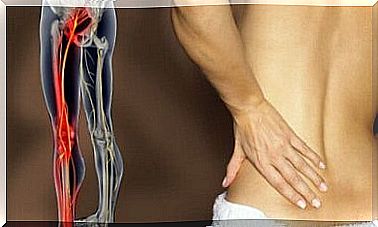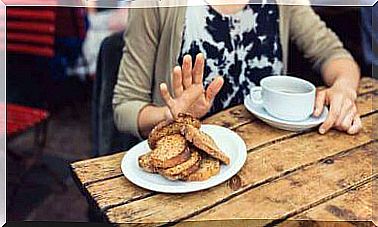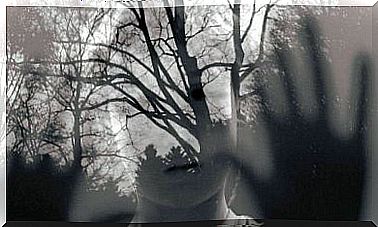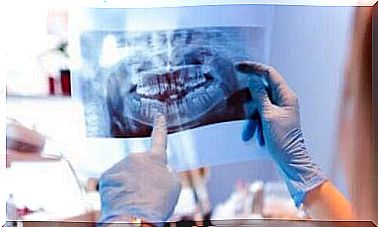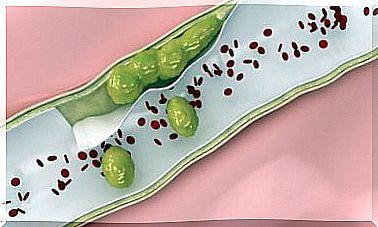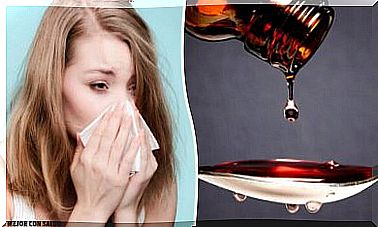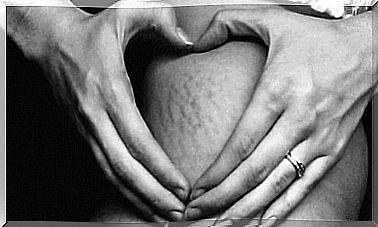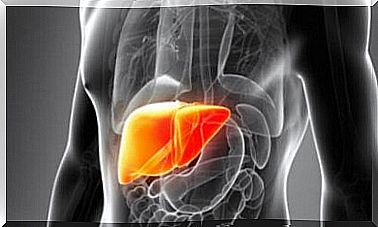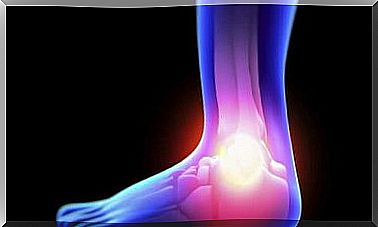6 Things You Should Know About Mountain In Babies
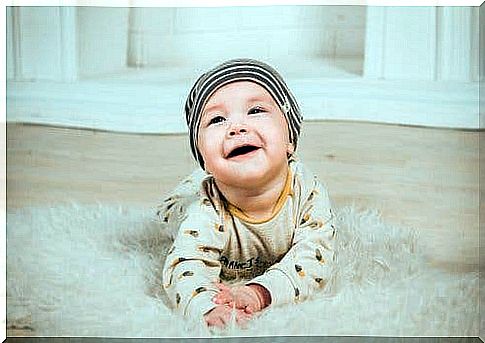
Berg, or infantile seborrheic dermatitis, is relatively common in children up to three years of age and usually resolves on its own. However, it is normal for parents to be concerned when mountain appears in babies. Therefore, we would like to answer some questions in this article about this condition.
Mountain with babies
When we say “mountain,” we mean a type of seborrheic dermatitis that occurs mainly in infants. It is characterized by the appearance of crusts or thick yellowish flakes on the scalp. However, it can also affect other parts of the body.
While some babies only experience it in small spots, in other babies it can appear all over their heads. Even on the eyebrows and eyelashes.
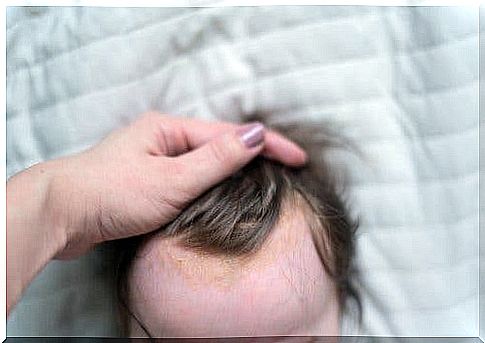
As for the causes, researchers are still studying many of them. However, researchers believe it may be caused by excess fat production by the sebaceous glands. Because seborrheic dermatitis mainly affects infants and adolescents, hormones may play an important role.
Regardless, there are also other factors that can increase the chances of developing this condition. For example, below we talk about extreme climates, oily skin, stress, a weakened immune system, etc.
Below we tell you 4 things you need to know about mountain in babies. We answer questions that parents normally ask about this condition. That way you will understand it better and you can give your child the right care.
Does it itch or hurt?
Although it may seem itchy or painful, mountain does not cause any of these sensations in the baby. If it feels irritation, it could be due to an infection, but not the seborrheic dermatitis itself. In fact, it’s just an aesthetic problem that in most cases goes away on its own after a while.
Is mountain in babies an allergy?

Traditionally, myths and rumors have linked the appearance of mountain with certain food allergies, most notably an allergy to milk. However, this is just a myth.
As we explained earlier, mountain in babies is not related to allergic reactions, but to excessive sebum production by the sebaceous glands.
Is it contagious?
No, mountain is not contagious. It is not a type of infection, nor is it caused by bacteria or viruses. So it cannot be transferred from one person to another.
Although in most cases it usually disappears after a few months, some children continue to show symptoms until they are 2 or 3 years old. In addition, in some cases it can come back suddenly after it disappears.
Is it due to a lack of hygiene?
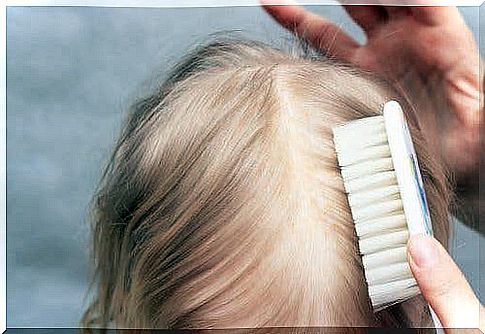
As we mentioned above, researchers don’t know the exact causes of mountain. However, it is likely due to the body’s excessive production of fat or sebum. So it is not caused by a lack of hygiene.
On the other hand, as soon as it appears, it is important to take certain measures to prevent infection. For this reason, you can put gloves on your little one if the baby tends to touch itself, keep the nails clean and use a comb or brush with clean bristles.
How do you treat mountain in babies?
In most cases, you don’t need any specific treatment. However, you can apply olive or almond oil with a gentle massage in the area of the scales to help remove them. In some cases, you may need to leave the oil on for a while to soften it up.
However, you should never remove the flakes by scratching or using the comb. It is better to let the oils soften it and let it gradually disappear on its own.
Should I go to the doctor?
It is always important to get advice from a pediatrician when it comes to your baby’s health. So, if your baby is suffering from mountain, report it to the doctor so he can be sure it is mountain and not something else. In addition, your doctor can tell you about specific baby shampoos or which oils to use.
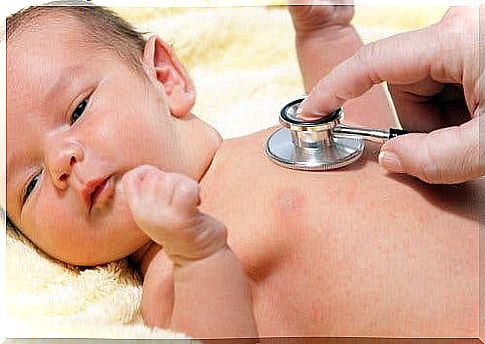
In any case, you should go to the doctor if:
- However, the mountain grows and spreads to other parts of the body than just the head.
- It causes irritation and itching in the baby and you notice hair loss.
- The affected area becomes red, warm, or begins to leak.
- Your baby has trouble gaining weight, if it has mountain.
Conclusion
As you have read, seborrheic dermatitis in babies is not a serious condition. A little home care is all you need and sooner or later it will go away on its own. However, you should report it to your pediatrician so they can not only rule out other problems but also tell you how best to treat it.

